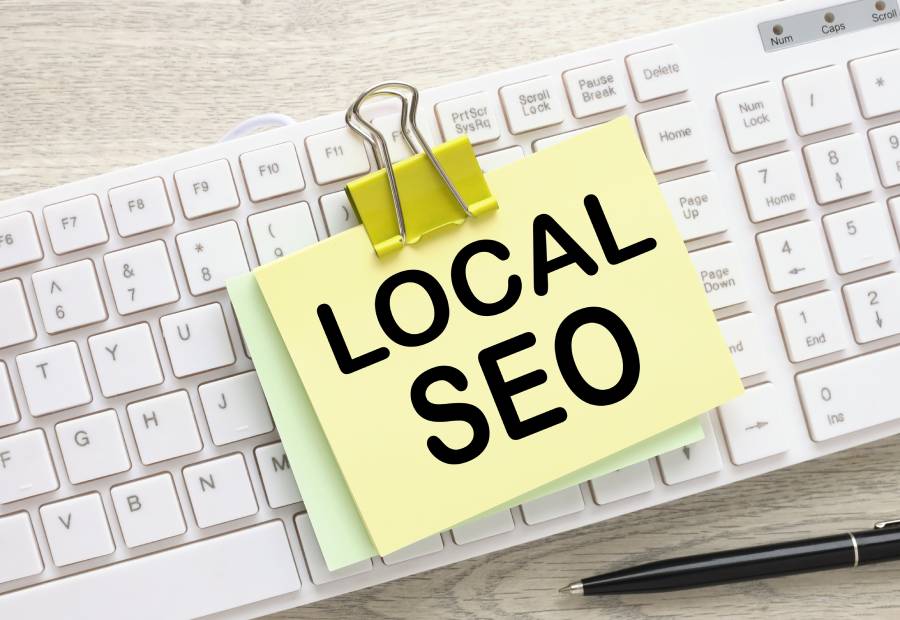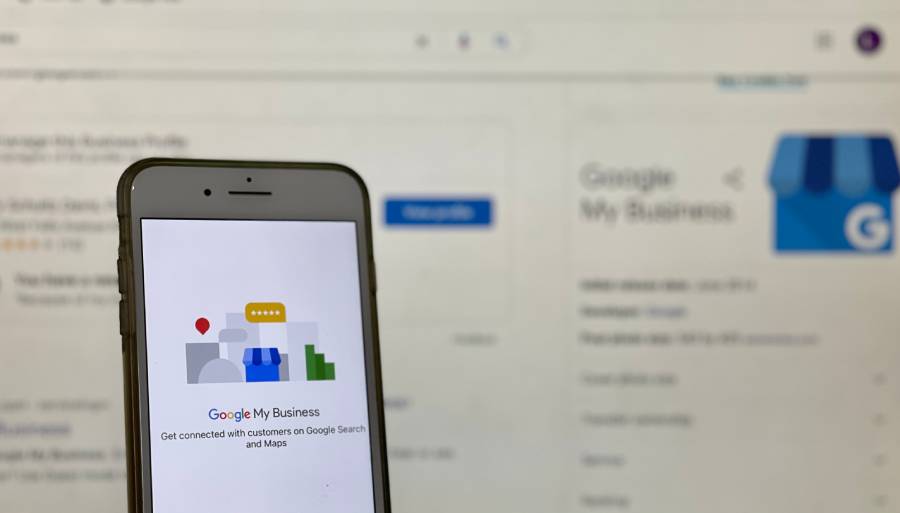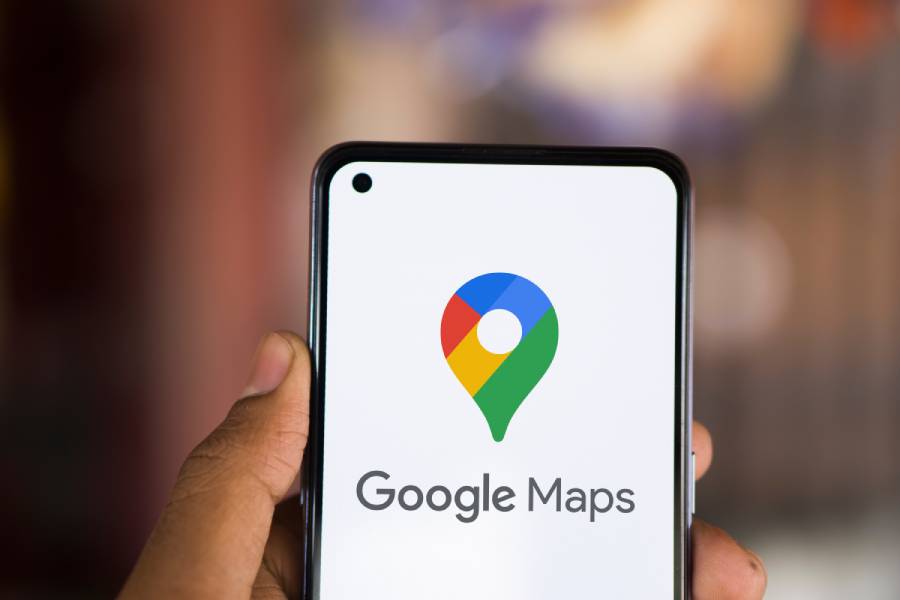In the digital marketing landscape, keywords are the cornerstone of connecting user queries to relevant online content. These critical elements guide search engines, shaping the visibility and reach of websites in an increasingly competitive online environment.
Understanding the diverse types of keywords is fundamental for marketers and website owners seeking to optimize their digital presence. Each category of keywords offers unique advantages, from broad terms that capture wide audiences to niche phrases that target specific user intent.
This exploration dives into the varied world of keywords, uncovering their distinct characteristics and applications. We’ll examine how different keyword types can be leveraged to refine content, boost search rankings, and effectively connect with target audiences.
By mastering the nuances of keyword categories, digital marketers can craft more potent SEO strategies, enhancing their online visibility and user engagement. Join us as we decode how many types of keywords in SEO, revealing the power of strategic keyword selection.
Types of Keywords
Short-tail keywords
Short-tail keywords are simple, broad search terms usually consisting of one or two words, like “shoes” or “pizza”. They are easy to remember and type, resulting in high search volumes and bringing significant traffic to websites. However, their popularity leads to high competition, making it challenging for websites to stand out.
Short-tail keywords lack specificity, making it unclear what the searcher is looking for, which can result in less targeted traffic. Despite the challenges, short-tail keywords remain a crucial element of online search strategies. They provide a starting point for understanding general user interests.
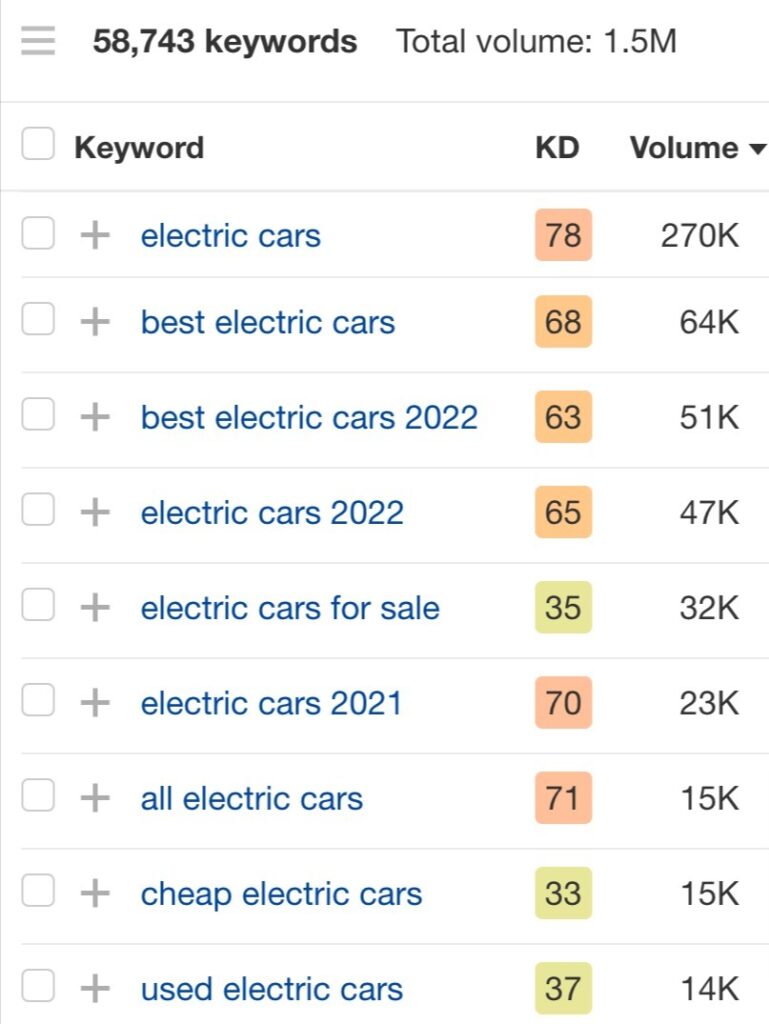
Long-tail keywords
Importance and characteristics of long-tail keywords
Long-tail keywords are detailed search phrases with three or more words, like “red running shoes for women.” These detailed keywords are crucial because they help websites target specific audiences, often leading to more qualified traffic.
Their specificity allows them to capture exact user intentions, which makes it easier for websites to rank well for these terms due to lower competition. Long-tail keywords provide opportunities to create content that addresses particular user queries, further enhancing search relevance.
By targeting niche topics, businesses can establish themselves as authorities in their field and attract highly interested users. Long-tail keywords align closely with common voice search queries. Utilizing long-tail keywords effectively can also help in uncovering new content ideas, further enriching a website’s value.
Impact on traffic and conversions
Long-tail keywords boost conversions by attracting informed visitors ready to purchase. For example, a search for “buy size 10 red Nike running shoes” indicates a readiness to buy, unlike a generic search for “shoes”.
The targeted traffic brought by long-tail keywords is more engaged, spending more time on the site and exploring related content or products. This not only improves site metrics like bounce rate and time on a page but also positively influences overall SEO performance.
By consistently attracting high-intent users, businesses can build a loyal customer base that drives repeat sales. Moreover, effective use of long-tail keywords can enhance brand credibility and trust, as users find precisely what they need.
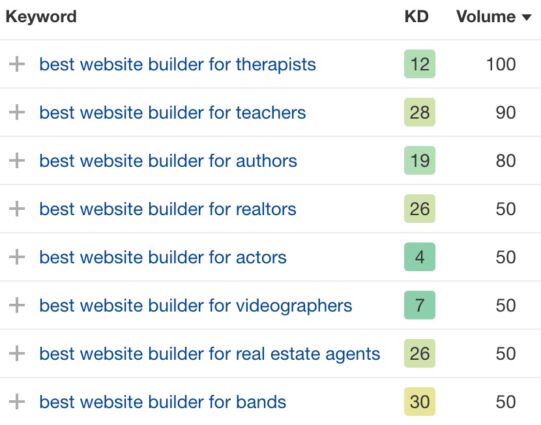
Informational keywords
Informational keywords are search terms people use to learn new things. They often take the form of questions starting with “how“, “what“, or “why“. Or phrases like “guide” or “explanation”. These keywords aim to gather knowledge rather than make purchases.
When creating website content, informational keywords highlight the information people seek, allowing you to produce useful and relevant material. They are essential for an SEO strategy to attract visitors researching a topic.
These keywords help reach people who are beginning to learn about a subject, building trust and positioning your website as a reliable information source. They are particularly effective for educational content like blog posts, how-to guides, and FAQ sections, bringing more visitors to your site.
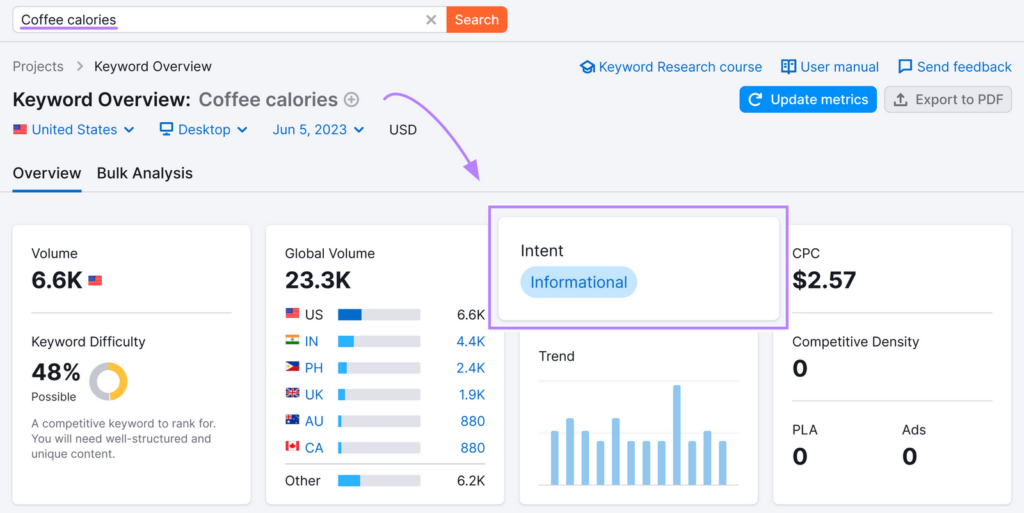
Commercial keywords
Commercial keywords are search terms used by people comparing products or services before making a purchase. These keywords often include specific product names, brands, or terms like “best“, “top“, or “review“. These keywords indicate a user is in the decision-making phase of their buying journey.
For online sellers, incorporating commercial keywords on product pages and in comparison or review content is crucial for attracting potential buyers. Targeting these keywords can lead to higher conversion rates and more effective advertising, as they attract users ready to make a purchase.
Using commercial keywords effectively helps potential customers find your products when they’re ready to buy. These keywords enhance the relevance of your content and improve your search engine rankings. By providing valuable information and comparisons, they build trust with consumers.
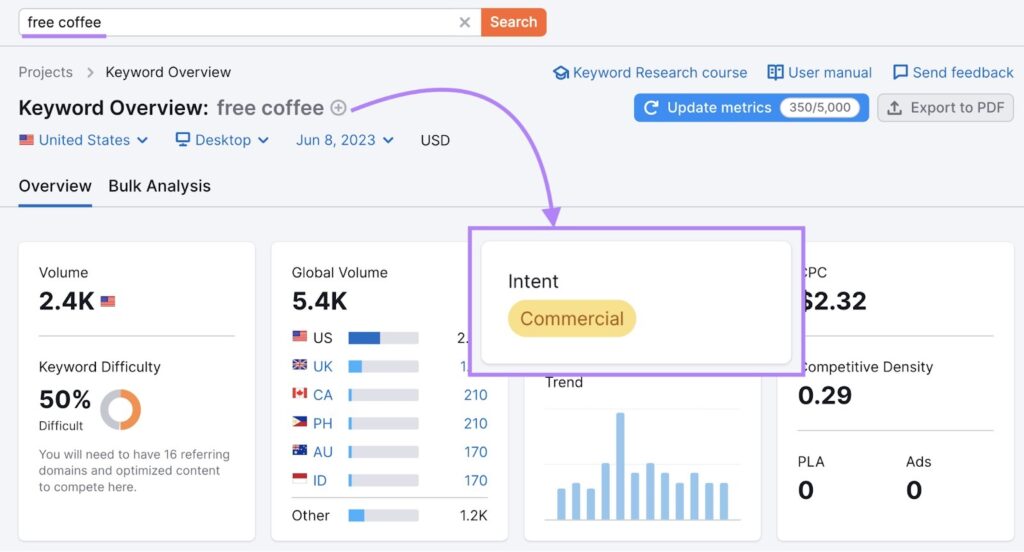
Navigational keywords
Navigational keywords are search terms people use to find specific websites or pages, often using brand or website names as shortcuts. These keywords are critical for protecting your online brand presence and making your site easily discoverable. You can improve search engine rankings by incorporating them into your website structure.
Local SEO efforts and brand campaigns can be used to achieve user accessibility. Navigational keywords typically lead to direct website traffic from users with clear intent. This can result in lower bounce rates and higher engagement. They reinforce brand loyalty by ensuring easy access for regular customers. This also signals to search engines that your site is the authoritative source for your brand.
Overall, effective use of navigational keywords can significantly enhance your online visibility and user experience.
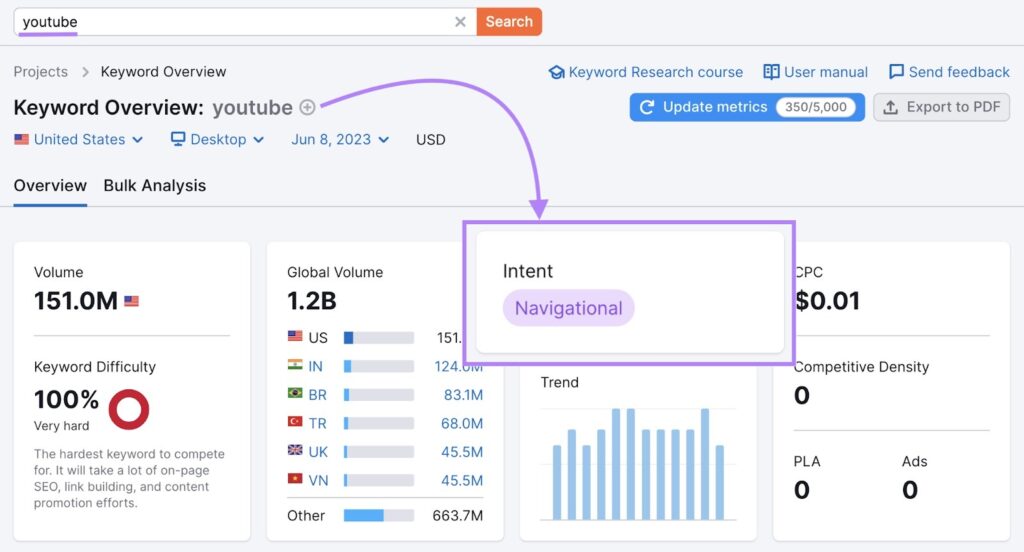
Transactional keywords
Transactional keywords are search terms used by ready-to-buy consumers, featuring words like “buy“, “order“, or “download“. For businesses, these keywords are crucial as they target customers poised to make a purchase, such as “buy shoes online” or “order pizza delivery“.
Specific and action-oriented, like “buy red Nike Air Max size 10” transactional keywords indicate immediate intent rather than mere information-seeking. Businesses optimize product titles, descriptions, and dedicated web pages with keywords for better search result visibility, making purchasing easier for customers.
Using transactional keywords in online ads is effective during peak shopping periods. This strategy helps drive conversions and increase sales. Transactional keywords are valuable assets in marketing strategies for ready-to-act consumers.
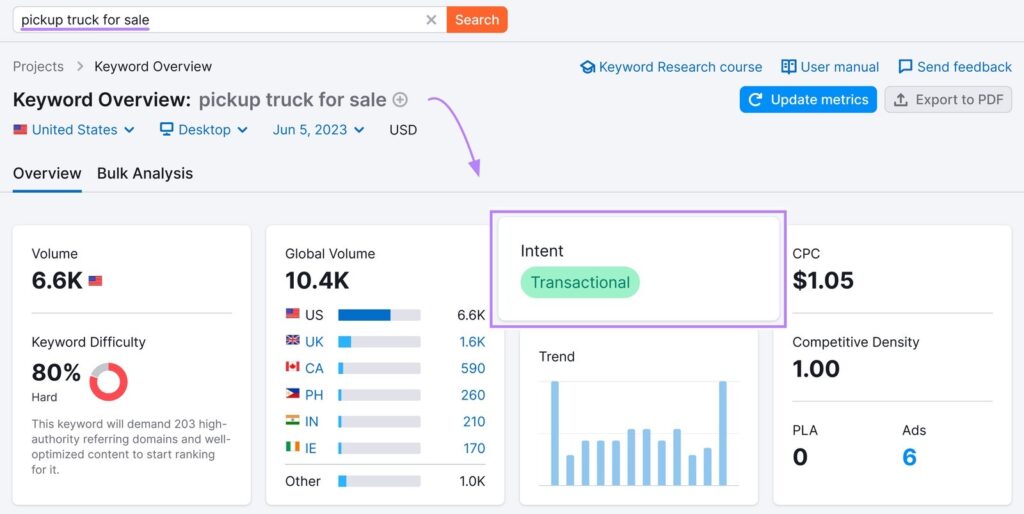
Local keywords
Importance of local keywords
Local keywords are search terms that include the names of places, helping businesses connect with nearby customers. Examples include “dentist in Boston” or “pizza delivery Chicago“. Local businesses target specific area searches, signaling intent to buy or visit soon.
Depending on the business and customer location, different types of local keywords use city, state, or neighborhood names. Although they may not generate as many searches as general keywords, local keywords often attract more serious customers.
Utilizing local keywords effectively
To use local keywords effectively, businesses should incorporate them naturally into website titles, descriptions, and content. Including them in online business listings and customer reviews helps search engines identify the business location.
Creating content about local events or news can further enhance local keyword usage, showcasing the business’s community involvement. Social media profiles and posts should also feature local keywords, and businesses should connect with other local enterprises online.
These strategies help improve local presence, attract more nearby customers, support business growth within the community, and strengthen the local economy.
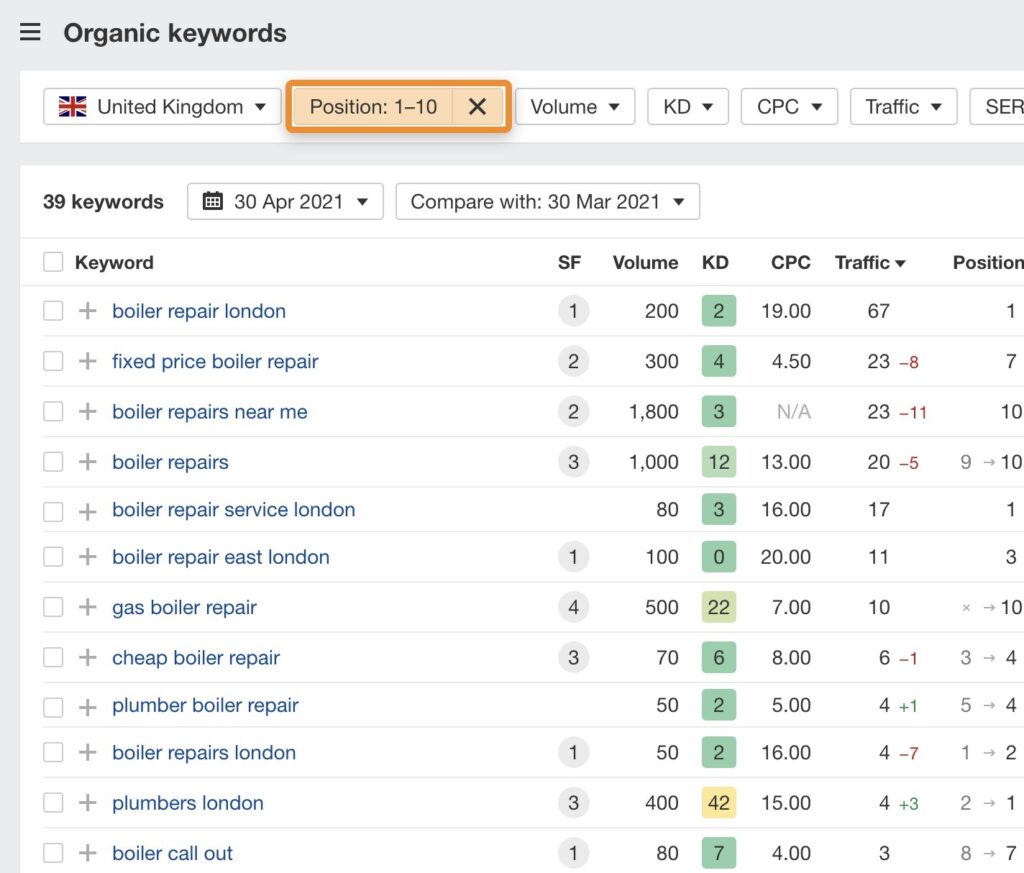
Latent semantic indexing (LSI) keywords
Understanding LSI keywords
Latent semantic indexing (LSI) keywords are crucial for enhancing search engine understanding of your content’s topic beyond simple synonyms. These words, such as “puppy“, “breed“, “pet“, or “vet” in relation to “dogs”, provide context and depth, making your content more natural and comprehensive.
By using LSI keywords effectively, you signal to search engines that your content is high-quality. This can potentially improve your visibility in search results and attract a wider audience. This approach not only aids in SEO but also enhances user experience by offering content that is informative and engaging.
Using LSI keywords effectively
When incorporating LSI keywords into your content, ensure they flow naturally within titles, headings, and throughout the text. Avoid overuse or forced placement, as the goal is to maintain readability and engage readers as you would in a natural conversation.
Utilize tools like Google’s “People also ask” section and keyword research tools to discover relevant LSI keywords. Use LSI keywords to brainstorm new content ideas and expand your website’s coverage on related topics. Your content’s relevance over time is maintained by keeping it updated with current LSI keywords.
This shows search engines that your information remains valuable and current to readers. By strategically integrating LSI keywords, you can enhance the visibility of your content marketing efforts. This can foster sustained engagement and growth for your website, making your content more effective.
Seasonal keywords
What are seasonal keywords?
Seasonal keywords are search terms that gain popularity and experience higher search volumes during specific times of the year. They are tied to recurring events, holidays, seasons, or annual trends. These keywords are not consistently popular throughout the year; instead, they spike during particular periods when interest in the related topics or activities peaks.
Characteristics of seasonal keywords
- Time-specific relevance – Seasonal keywords are tied to specific times of the year. For example, “Christmas gifts” sees a surge in searches around November and December.
- Predictable trends – For example, “summer vacation destinations” will see an increase as summer approaches.
- High search volume during peak periods – During their relevant seasons, these keywords can generate a significant amount of search traffic.
- Association with holidays and events – Many seasonal keywords are directly related to holidays (e.g., “Halloween costumes”), seasonal activities (e.g., “skiing gear”), or annual events (e.g., “back to school supplies”).
- Recurrent interest – Interest in these keywords recurs annually, which allows businesses to plan and optimize their content and marketing strategies in advance.
Branded keywords
The importance of branded keywords
Branded keywords are search terms that include a company’s name or its products, such as “Nike shoes” or “iPhone case“. These keywords indicate a specific interest in a particular brand, making them highly valuable for businesses.
Types of branded keywords include just the company name (“Coca-Cola“), a brand with a product (“Honda Civic“), or even a company’s slogan (“Just Do It Nike“). Using branded keywords indicates familiarity with the company, boosting conversion rates. Monitoring branded keyword searches helps companies gauge their brand’s popularity and market presence.
Effective use of branded keywords
Businesses should integrate branded keywords into website content. This includes page titles, descriptions, and online ads. Ensure searchers find the correct information easily by using branded keywords. Creating content like product how-to guides or company stories using branded keywords can enhance brand familiarity and engagement.
Local businesses can combine branded keywords with location details, such as “Joe’s Pizza Chicago“, to attract nearby customers. Using branded keywords naturally strengthens a company’s online presence, making it easier for existing and potential customers to connect with the brand.
Non-branded keywords
Importance and types of non-branded keywords
Non-branded keywords are search terms that don’t mention specific brand names but focus on general products, services, or topics. Examples include “best running shoes” instead of “Nike running shoes”. These keywords are valuable for businesses aiming to reach new customers who may not be aware of their brand yet.
Types of non-branded keywords can be short and simple, such as “coffee maker” or “car insurance“. They can also be more specific phrases, like “best coffee maker for small kitchens”. or questions, such as “How to fix a leaky faucet“. Each type connects businesses with potential customers at different stages of their buying journey.
Using non-branded keywords effectively
Non-branded keywords attract a broad audience, but they come with higher competition. Businesses should create content like blog posts and videos that naturally incorporate relevant keywords in titles and headings. This helps in providing valuable information while enhancing SEO.
Businesses can use non-branded keywords in online advertising and social media to reach new audiences and grow their customer base. Focus on providing solutions that resonate with customer needs, even if the brand is unfamiliar.
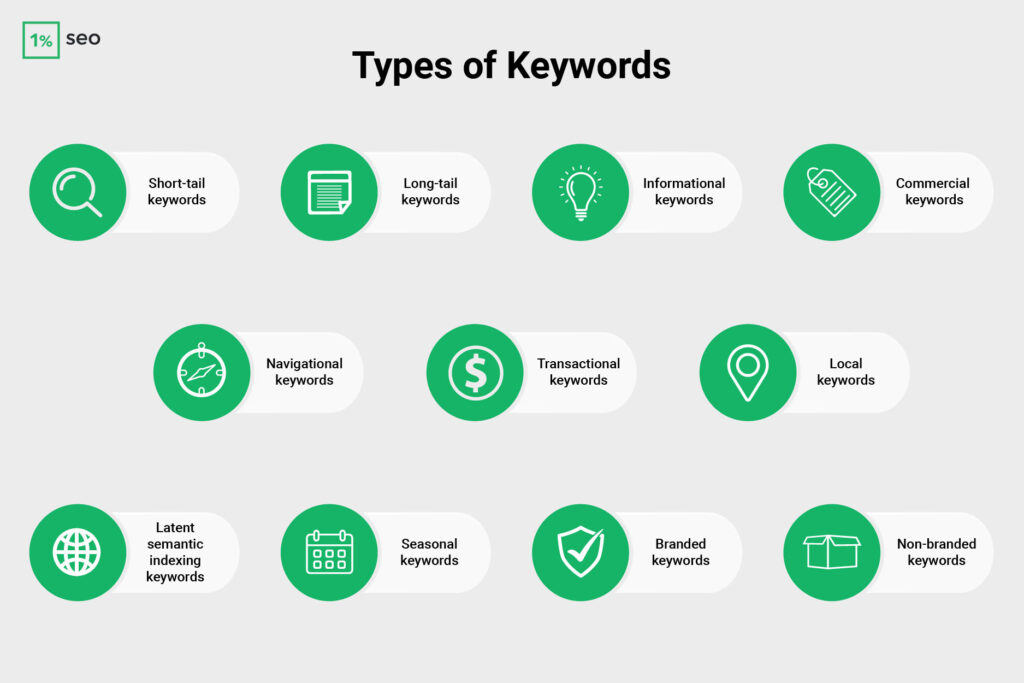
Conclusion
In conclusion, understanding and effectively utilizing various types of keywords is important for successful digital marketing and SEO strategies. Different keyword categories connect users with relevant content uniquely.
These types of SEO keywords form the foundation of a robust SEO strategy, enabling businesses to target different user intents and search behaviors. By using diverse keywords, businesses boost online visibility and attract relevant traffic.
The key lies in balancing these different keyword types to create a comprehensive approach that caters to diverse search needs. Staying updated on keyword trends and adjusting strategies are crucial for online success in the evolving digital landscape.


